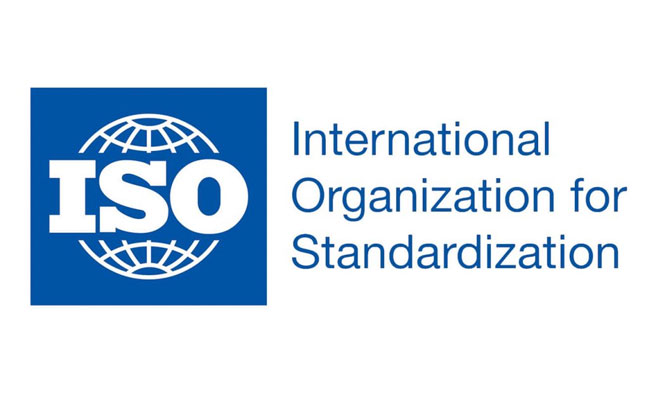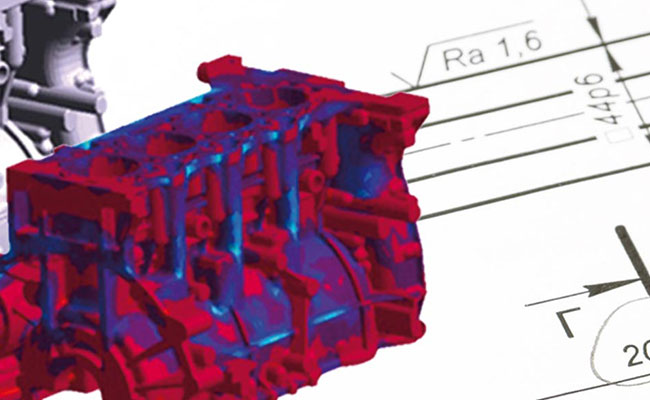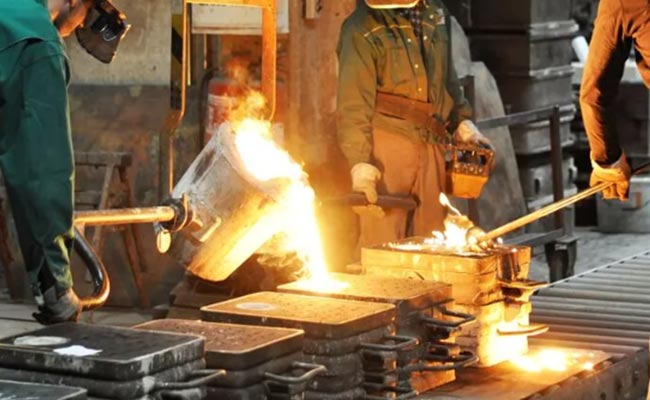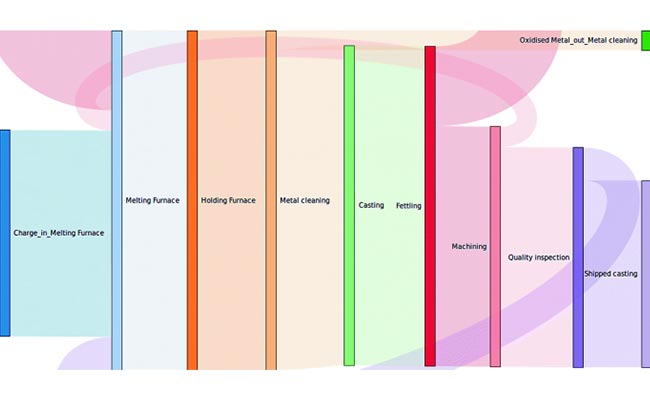
Meeting ISO Standards: Why Certification Matters in Metal Casting Part One
2025-06-30
How to Request a Quote: A Guide for First-Time Foundry Clients
2025-07-14Meeting ISO Standards: Why Certification Matters in Metal Casting Part Two

5. Improves Supply Chain Relationships
ISO certification doesn’t just benefit the manufacturer; it also improves relationships with suppliers and customers. A certified company is more likely to have standardized processes, clear communication, and a strong reputation for delivering quality products. This makes it easier to establish and maintain partnerships, as supply chain partners can trust that you meet international standards.
In metal casting, suppliers that provide raw materials (like alloys or sand) will also likely adhere to ISO standards, creating a seamless, quality-assured supply chain that minimizes risks and improves overall production.
6. Meets Regulatory Compliance
In many industries, meeting regulatory requirements is essential to avoid penalties and maintain operational integrity. ISO standards help manufacturers ensure that their processes comply with legal and environmental regulations.
For metal casting, ISO certification ensures compliance with various environmental and safety standards, such as ISO 14001 (Environmental Management Systems) and ISO 45001 (Occupational Health and Safety). These certifications not only demonstrate that your company is committed to environmental sustainability and worker safety but also help mitigate the risk of legal issues.
7. Facilitates Global Market Access
For companies aiming to expand their market reach, ISO certification can be a passport to global business. Many industries, especially in regions like Europe, North America, and Asia, require suppliers to be ISO certified. Without certification, a metal casting manufacturer may be excluded from bidding on international projects or competing in global markets.
ISO standards are recognized worldwide, and being certified enables companies to meet the varying demands and regulations of different countries, opening up new business opportunities and helping them establish a global reputation.
8. Promotes Continuous Improvement
ISO certification is not a one-time event—it’s an ongoing commitment to quality and improvement. Regular audits and assessments ensure that processes are continually reviewed and optimized. This culture of continuous improvement fosters innovation, encourages problem-solving, and ensures that manufacturers stay ahead of industry trends.
For metal casting companies, continuous improvement could mean developing new casting techniques, investing in more advanced technologies (like 3D printing or automated inspection systems), or adopting sustainable practices to reduce waste and energy consumption.
Conclusion: ISO Certification as a Competitive Advantage
In the highly competitive world of metal casting, ISO certification provides manufacturers with a powerful tool for ensuring quality, efficiency, and customer satisfaction. By adhering to internationally recognized standards, metal casting companies can not only meet regulatory and customer requirements but also drive internal improvements, reduce operational risks, and enhance their reputation in the marketplace.



